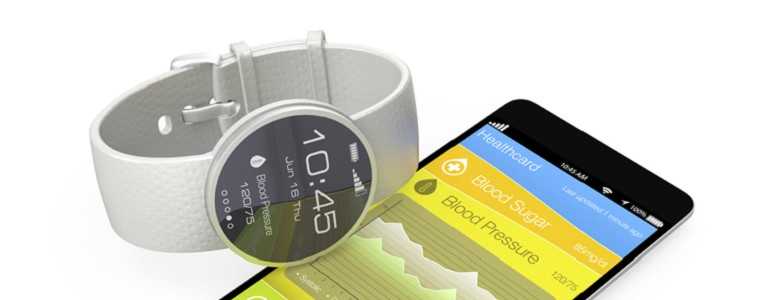Wearing a smart watch could help detect if people are at risk of developing type 2 diabetes, according to new research.
Stanford University researchers suggest the digital devices might also be able to indicate when people are developing the common cold, as well as more complex conditions.
Many people already use wearable technology to monitor step count, but in this study researchers from Stanford University used the devices to measure skin temperature and heart rate.
They were able to predict whether wearers of the small wrist device were at risk of type 2 diabetes because the technology indicated insulin resistance.
Senior author Professor Michael Snyder, who is Chair of Genetics at Stanford, said: “We want to tell when people are healthy and also catch illnesses at their earliest stages.”
Heart rates and temperature of the skin tends to rise when people become ill, so the researchers used that information to form their findings. A software program, specifically written for the research, collected the data.
Study author Professor Snyder, who also participated in the study, discovered from wearing the watch that he was about to come down with Lyme disease.
He said: “I had elevated heart rate and decreased oxygen at the start of my vacation and knew something was not quite right.”
For several days he had a temperature and a doctor confirmed he was unwell. He received treatment and the symptoms went away.
The findings indicate that it is possible for smart technology to predict the early signs of illness in the future.
Snyder added: “The information collected could aid your physician, although we can expect some initial challenges in how to integrate the data into clinical practice. For example, patients may want to protect the privacy of their physiologic data or may want to share only some of it.
“Physicians and third-party payers will demand robust research to help guide how this comprehensive longitudinal personal data should be used in clinical care. However, in the long-term I am very optimistic that personal biosensors will help us maintain healthier lives.”
The study was published in the journal PLOS.
What's new on the forum? ⭐️
Get our free newsletters
Stay up to date with the latest news, research and breakthroughs.




